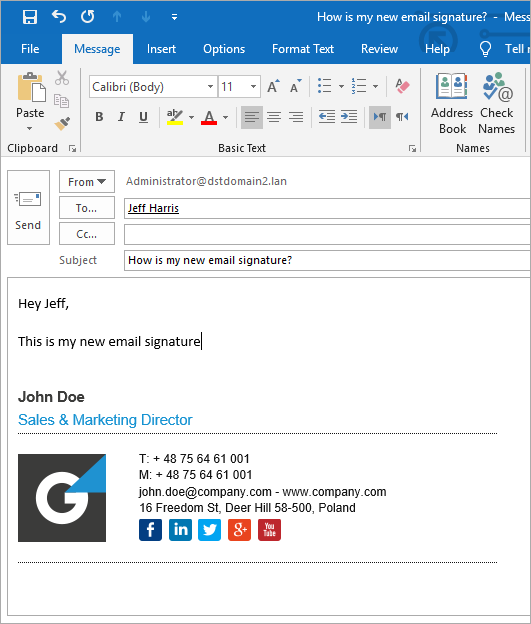

Besides, within an office space, there can hardly be any proper rationale behind it, except for the need to manipulate others. It looks shady when you try to make someone believe they are the only person getting your email. Office correspondence is where the option is frowned upon. Here is when you should and shouldn’t use the blind copy in Outlook.

A widely accepted rule of thumb nowadays is to apply it when the number of addresses goes beyond 30. These people do not necessarily know each other, so the function prevents them from seeing contact details of strangers. You may be sending a purely informational and impersonal message – such as notification of contact details change – to a large number of humans. There are varied reasons to utilize this Outlook option. You may label it CC for spies, which sounds like a tool for people with questionable motives. In essence, it works in the same way as the latter function ( carbon copy email) but makes the selected contacts invisible. Hence, each bcc recipient will only see email addresses in “To…” and “CC”.

Basically, it lets you email an identical text to a number of people in such a way that none of them knows who else is on the mailing list. But first, what circumstances could possibly prompt you to conceal the people you are contacting?īBC ( blind carbon copy) is a perfect tool for keeping these details private. Here is a step-by-step guide for on how to blind copy in Outlook. The motives for doing so vary from privacy concerns to shady intentions, but any version of Outlook includes bcc email, and the option is easy to apply. In electronic correspondence, it is sometimes necessary to keep certain addressees hidden from plain sight.


 0 kommentar(er)
0 kommentar(er)
